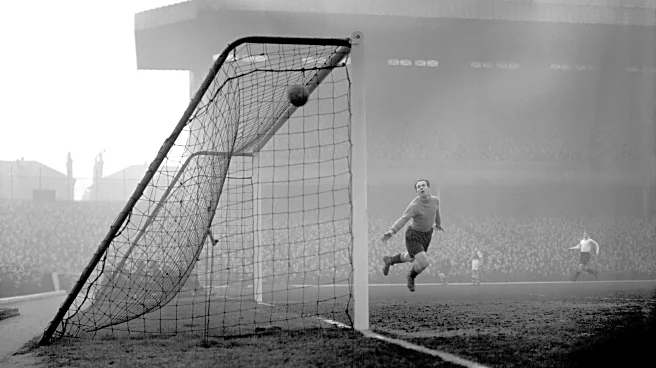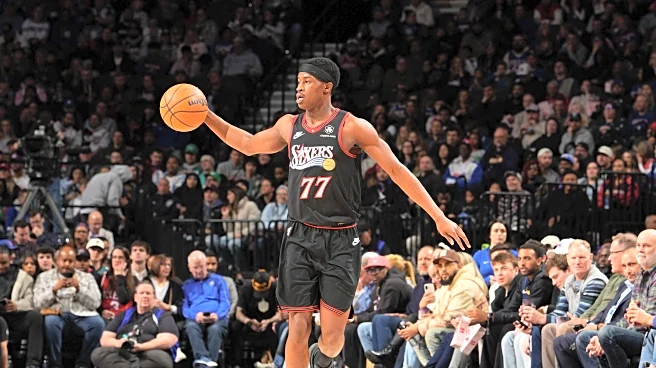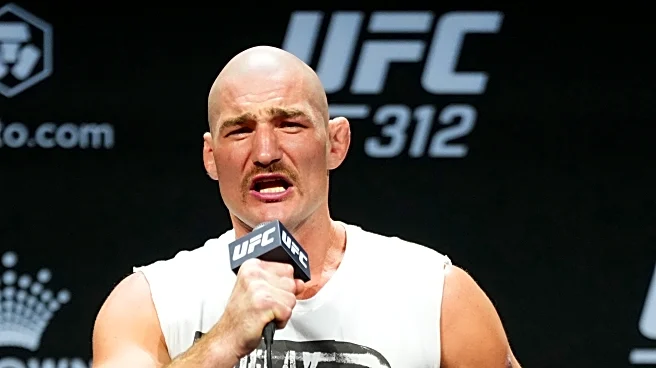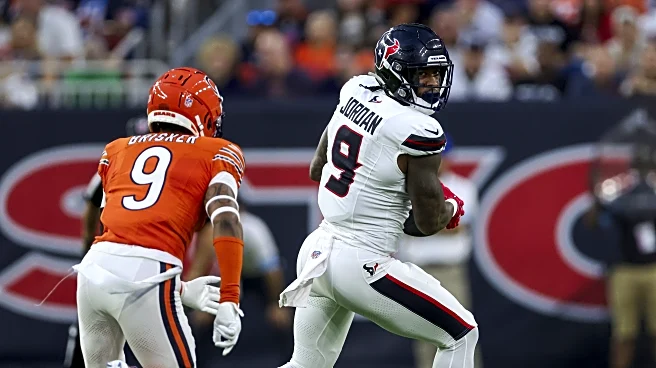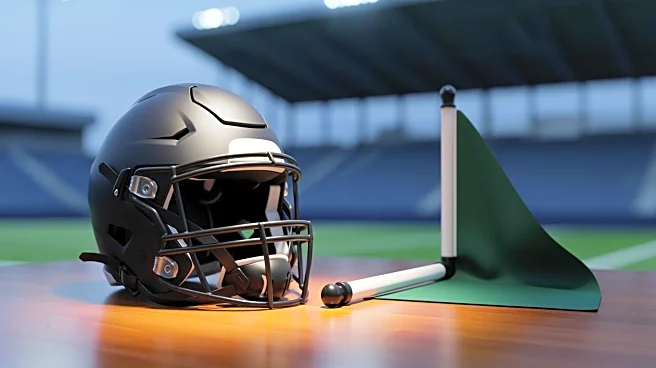For a competition that is confusing in its importance, the FA Charity Shield does have a long history.
It began with the Sheriff of London Charity Shield or the Dewar Shield, which was originally contested between the best amateur side who took on the top professional side on an annual basis. This did seem exclusive to English sides, but Queens Park took part in 1899. Corinthians were the usual representatives as amateurs, and they took on the Football League champions or FA Cup winners.
In 1898, the
Sheriff of London, Sir Thomas Dewar offered a shield and it was decided that proceeds from the game would be distributed between hospitals and charities. In the sixth Sheriff of London Charity Shield in 1903, it was Sunderland who claimed the rather huge shield, when we took part as league champions and defeated Corinthians 3-0 at White Hart Lane.
Fast forward to October 1936, and by this time the competition had evolved the format that everyone is familiar with in the modern day with the league champions taking on the cup holders, which came about mainly because of the professional sides dominance in its original form. On this occasion the competition came to Roker Park and Sunderland defeated Arsenal 2-1 to take the shield.
Just over a year later, as FA Cup holders, Sunderland were required to take part again, this time it would be league champions Manchester City who would be the opponents and also the hosts.

Fred Rowell made his debut in the game having only signed professional terms with the club nine days prior to the game, but as The Journal described, he seemed to look nervous on his big day:
Sunderland’s directors are more than a little to blame for putting in a raw recruit. The boy Rowell was spoon fed in the first half and for the first ten minutes or so looked like being reasonable success if he could get over his obvious nervousness, but he never did.
He was more to be pitied than blamed, because he had been thrust into a position before he had the training or the qualifications.
Sunderland were much the better side in the first half and should have been at least a couple of goals ahead by the break. Sunderland’s play was described in glowing terms – “so clever was their approach to goal” – but it was let down by “rank bad” finishing. City did improve just before the break however and Fred Tilson forced a “spectacular” save from Johnny Mapson.
Less than ten minutes after the interval the league champions were ahead after Alex Herd drove the ball home after being supplied by Tilson. Sunderland could, and maybe should, have been on level terms soon after when Bobby Gurney had put the ball in the back of the net.
What was described as a “good goal” in the reports was ruled out through offside, but as it was described in the report, the linesman may have fallen for the skills of Gurney:
There seemed no legal grounds for disallowing Gurney’s effort and it looked like a case of lifting the flag hastily when Gurney feinted as though to make a pass to Rowell, standing offside near the touch-line. Rowell was certainly never in the movement and where he was standing could not have influenced the play, even though he was in an offside position – which is no offence in law until he interferes.
Where is VAR when you need it, eh?!
Johnny Spuhler also missed “a sitter” that could have levelled things up before a late header from Peter Doherty made it 2-0, and meant as holders Sunderland had to relinquish the shield and pass it on to the winners Manchester City.
FA Charity Shield
Maine Road
Manchester City 2-0 Sunderland
[Herd 52’, Doherty 87’]
Sunderland: Mapson, Gorman, Hall, Thomson, Johnston, Hastings, Spuhler, Carter, Gurney, Gallacher, Rowell
Manchester City: Swift, Dale, Barkas, Percival, Marshall, Bray, Toesland, Herd, Tilson, Doherty, Brook
Attendance: c. 12,000
